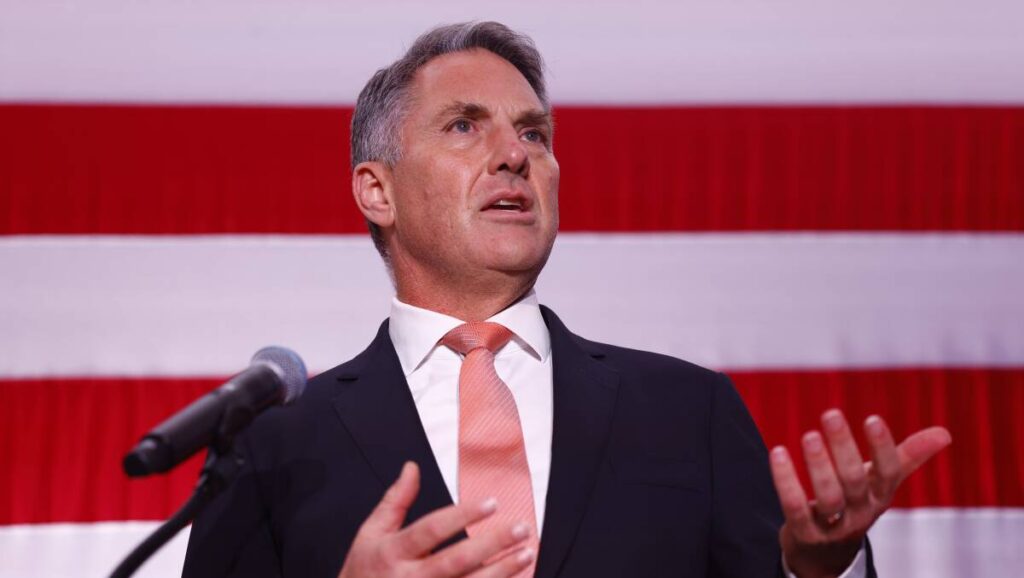
Australia’s defence policy is under intense scrutiny as concerns mount over the sustainability and effectiveness of its current strategy, particularly in light of the AUKUS agreement. Reports indicate that the United States has not achieved the necessary submarine build rate to meet the commitments promised to Australia. This situation raises questions about the viability of Australia’s defence infrastructure and its reliance on American military support.
Critics argue that the AUKUS partnership has led to an overly expensive and flawed security policy. The demands for Australia to significantly increase its defence spending and commit to potential conflict with China are becoming louder, complicating the nation’s strategic landscape. According to former Prime Minister Malcolm Turnbull, there is an urgent need for Australia to develop an alternative plan that does not tie the country to what he describes as an “irrational foreign overlord.”
A Case for Independence in Defence Policy
In response to these challenges, the proposal outlined in the book The Big Fix: Rebuilding Australia’s National Security suggests a shift towards a more independent security policy. The author argues that Australia can protect itself effectively without compromising its sovereignty or moral principles. This alternative policy aims to eliminate dependence on the United States, advocating for a security strategy that prioritizes Australia’s unique needs and circumstances.
The book posits that Australia should adopt a Strategic Defensive posture, similar to that employed by countries like Switzerland. This approach emphasizes self-reliance and is well-suited for a nation with no aggressive intentions towards its neighbors. The author contends that Australia can meet most of its security needs using domestic resources, further enhanced by modern weaponry that favors defensive capabilities.
The Strategic Defensive approach also addresses pressing security threats, particularly climate change, which the United States often overlooks. Critics of the current policy maintain that Australia must recognize its distinct interests and objectives, rather than conforming to American military priorities.
Financial Implications and Future Directions
Transitioning to a Strategic Defensive stance may also alleviate financial burdens. Abandoning plans for nuclear-powered submarines, which are deemed unsuitable for a defensive strategy, could free up approximately $368 billion. These funds could be redirected towards investing in long-range precision strike capabilities, such as missiles and drones, as well as establishing a sovereign space-based sensor network.
The current political and military culture in Australia presents challenges to implementing this new strategy. Decision-makers have historically defaulted to dependency on great power protections, making it difficult to shift towards a model of self-sufficiency. The public must convey to leaders the necessity of exploring alternatives to the status quo.
As geopolitical landscapes shift, with challenges posed by climate change, an assertive China, and an unpredictable United States, it is essential for Australia to re-evaluate its defence policy. The need for a forward-looking strategy is clear, as the current framework may not adequately address the complexities of a changing world.
The call for a Plan B resonates strongly in this context. The ideas presented in The Big Fix offer a pathway toward a more secure and independent Australia, one that prioritizes national interests without unnecessary foreign entanglements. As the nation grapples with these pressing issues, the conversation around defence policy will undoubtedly continue to evolve.







